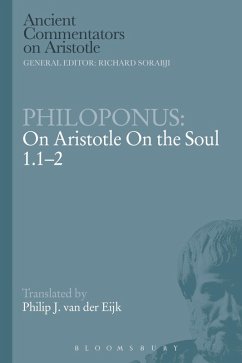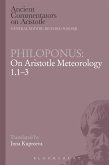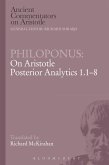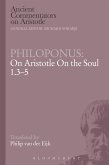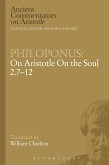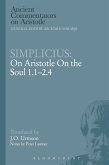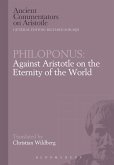This text by Philoponus, the sixth-century commentator on Aristotle, is notable for its informative introduction to psychology, which tells us the views of Philoponus, of his teacher and of later Neoplatonists on our psychological capacities and on mind-body relations. There is an unusual account of how reason can infer a universally valid conclusion from a single instance, and there are inherited views on the roles of intellect and perception in concept formation, and on the human ability to make reasoned decisions, celebrated by Aristotle, but here downgraded. Philoponus attacks Galen's view that psychological capacities follow, or result from, bodily chemistry; they merely supervene on that and can be counteracted. He has benefited from Galen's knowledge of the brain and nerves, but also propounds the Neoplatonist belief in tenuous bodies which after death support our irrational souls temporarily, or our reason eternally.

